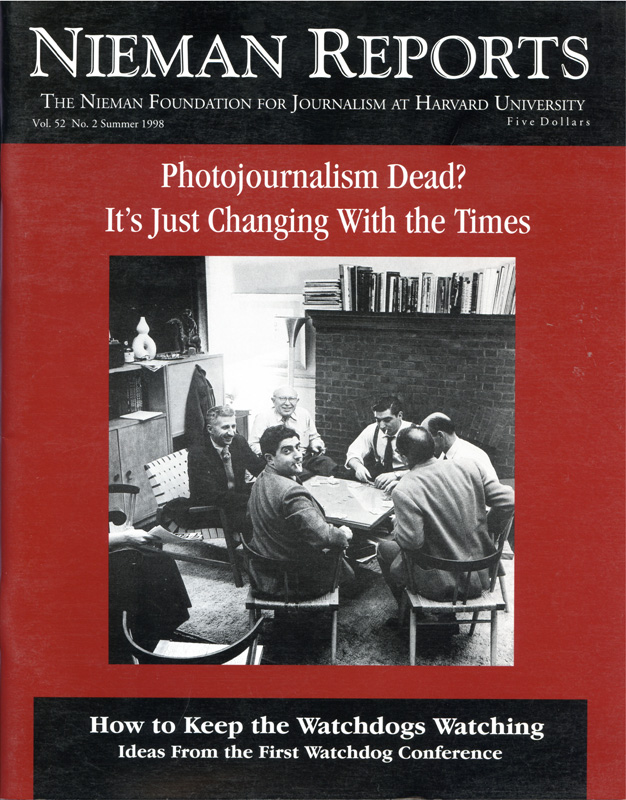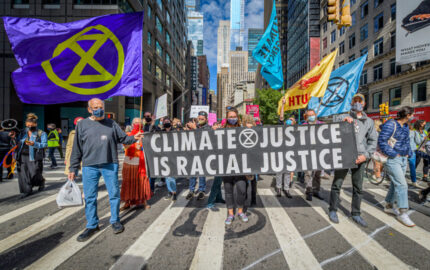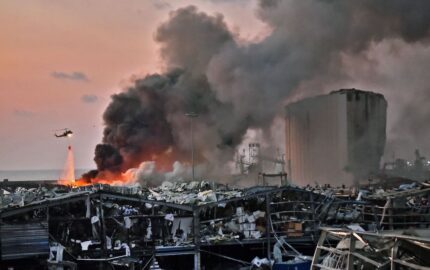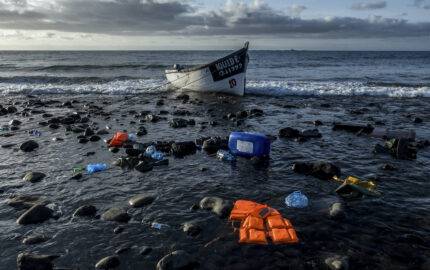A news organization that parrots somebody else’s reporting has to feel as badly, if not more badly, when the original report is wrong than the originating news organization. There are news organizations that say “well, gee, yeah, we did pick up The Dallas Morning News story [on a Secret Service agent saying he had witnessed President Clinton in an intimate situation with Monica Lewinsky], but since they got it wrong we shouldn’t worry about it because we can just say they got it wrong and then our conscience is clear.”
That’s not it at all. In my view, CNN was more wrong than The Dallas Morning News, because we blew it by not checking out a story and just going with it because somebody else reported it. We had more egg on our face than anybody else.
After that episode, which was particularly tough for us, we put a system in place where five editors at CNN are authorized to sign off on the reporting of a story that originates from another news organization. But it’s not just if one of the five do it; two of them have to do it.
That system is basically like being in a nuclear missile silo, where it takes two guys, with two guys with two keys, to turn those keys simultaneously and only then does the reporting get on our air. It has for sure slowed us down.... When we slow down in getting news on the air, that goes against the grain of an awful lot of people in our shop. But in the end, it’s more important for us to get it right than it is to be first. Because if you blow it on a big story, people really remember that for a long time. If you’re second or third in reporting a big story, then that’s life and it’s disappointing. But life goes on.—Eason Jordan, President of International Networks and Global Newsgathering for CNN, at a Nieman Fellows seminar March 13, 1998.
That’s not it at all. In my view, CNN was more wrong than The Dallas Morning News, because we blew it by not checking out a story and just going with it because somebody else reported it. We had more egg on our face than anybody else.
After that episode, which was particularly tough for us, we put a system in place where five editors at CNN are authorized to sign off on the reporting of a story that originates from another news organization. But it’s not just if one of the five do it; two of them have to do it.
That system is basically like being in a nuclear missile silo, where it takes two guys, with two guys with two keys, to turn those keys simultaneously and only then does the reporting get on our air. It has for sure slowed us down.... When we slow down in getting news on the air, that goes against the grain of an awful lot of people in our shop. But in the end, it’s more important for us to get it right than it is to be first. Because if you blow it on a big story, people really remember that for a long time. If you’re second or third in reporting a big story, then that’s life and it’s disappointing. But life goes on.—Eason Jordan, President of International Networks and Global Newsgathering for CNN, at a Nieman Fellows seminar March 13, 1998.



